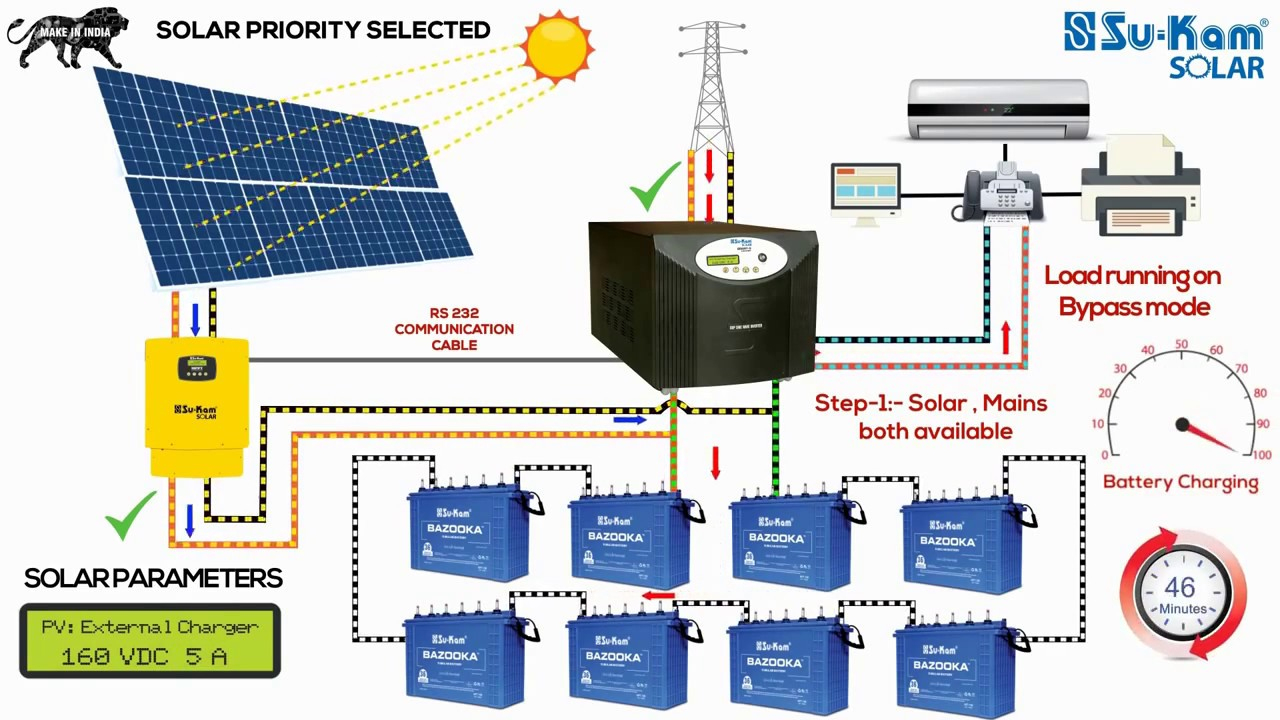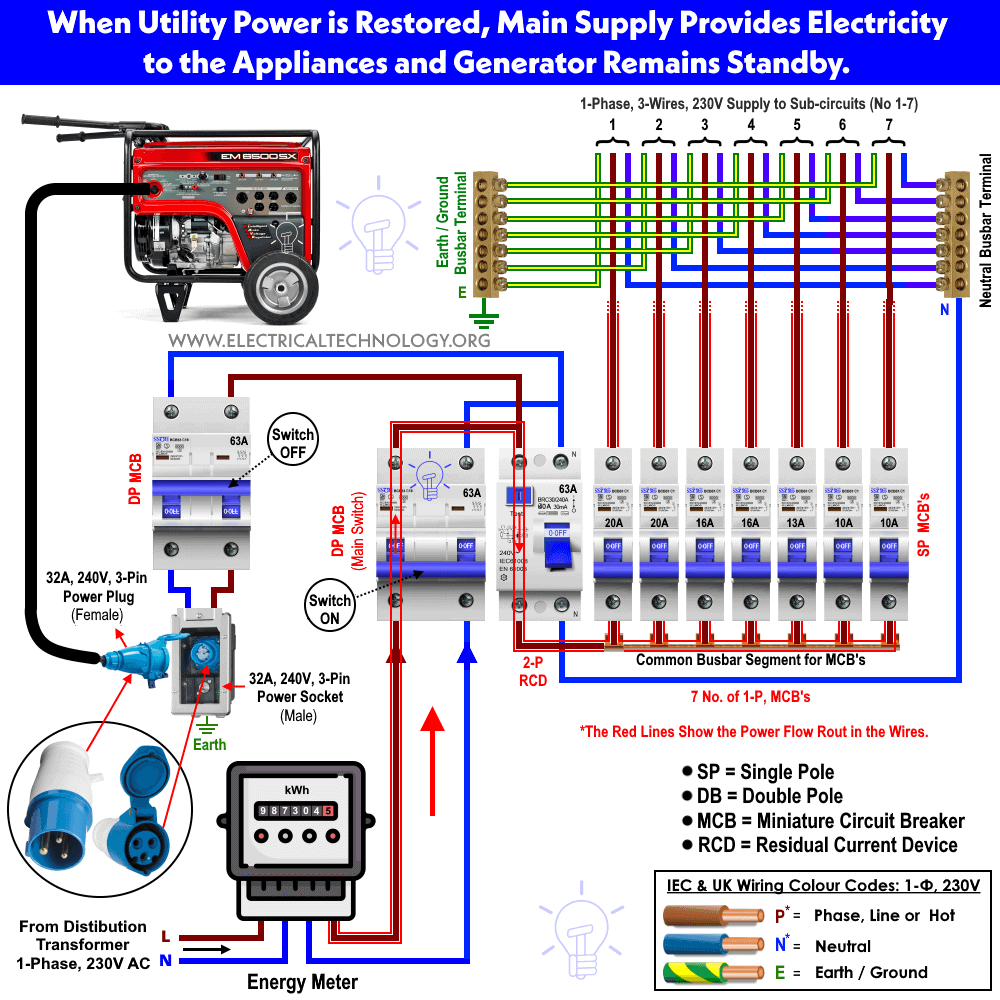“Solar panel and generator wiring for off-grid homes”
These homes rely on solar panels, generators, and other alternative energy sources to power their electrical systems. However, wiring these systems can be complex and requires careful planning to ensure safety and efficiency. In this article, we will delve into the world of solar panel and generator wiring for off-grid homes, covering the basics, system design, and best practices.
Introduction to Off-Grid Homes
Off-grid homes are self-sufficient homes that are not connected to the public electrical grid. They rely on alternative energy sources, such as solar panels, wind turbines, and generators, to power their electrical systems. These homes are often located in remote areas where access to the grid is limited or non-existent. Off-grid homes offer a range of benefits, including reduced energy costs, increased energy independence, and a lower carbon footprint.
Understanding Solar Panel Wiring
Solar panels are a crucial component of off-grid homes, providing a clean and renewable source of energy. Solar panels are wired together in a series-parallel configuration to create a solar array. The solar array is then connected to a charge controller, which regulates the flow of energy to the battery bank.
When wiring solar panels, it’s essential to consider the following factors:
- Panel configuration: Solar panels can be wired in series, parallel, or a combination of both. Series wiring increases the voltage, while parallel wiring increases the current.
- Panel rating: Solar panels have a rated voltage and current output. The wiring system must be designed to handle the maximum output of the panels.
- Wiring size: The wiring size must be sufficient to handle the current output of the panels. A larger wire size reduces energy loss and overheating.
- Grounding: Solar panels must be grounded to prevent electrical shock and ensure safe operation.

Understanding Generator Wiring
Generators are used as a backup power source in off-grid homes, providing energy during periods of low sunlight or high energy demand. Generators can be wired to the electrical panel, allowing them to power the entire home.
When wiring generators, it’s essential to consider the following factors:
- Generator rating: Generators have a rated power output, which must be matched to the electrical panel and wiring system.
- Wiring size: The wiring size must be sufficient to handle the power output of the generator.
- Grounding: Generators must be grounded to prevent electrical shock and ensure safe operation.
- Transfer switch: A transfer switch is required to connect the generator to the electrical panel, allowing the generator to power the home during periods of low sunlight or high energy demand.


System Design and Configuration
The system design and configuration of an off-grid home’s electrical system are critical to ensuring safe and efficient operation. The system must be designed to meet the energy needs of the home, taking into account the size of the solar array, generator, and battery bank.
A typical off-grid home electrical system consists of:
- Solar array: The solar array is the primary source of energy, providing power to the battery bank and electrical panel.
- Charge controller: The charge controller regulates the flow of energy from the solar array to the battery bank.
- Battery bank: The battery bank stores excess energy generated by the solar array, providing power during periods of low sunlight or high energy demand.
- Generator: The generator provides backup power during periods of low sunlight or high energy demand.
- Electrical panel: The electrical panel distributes power to the various circuits and appliances in the home.
Best Practices for Wiring Off-Grid Homes
Wiring an off-grid home requires careful planning and attention to detail to ensure safe and efficient operation. Here are some best practices to follow:
- Hire a licensed electrician: Off-grid electrical systems can be complex, and hiring a licensed electrician ensures that the system is designed and installed correctly.
- Use high-quality components: High-quality components, such as solar panels, charge controllers, and generators, ensure reliable and efficient operation.
- Follow local building codes: Local building codes and regulations must be followed to ensure safe and compliant installation.
- Use proper wiring and grounding techniques: Proper wiring and grounding techniques prevent electrical shock and ensure safe operation.
- Test and inspect the system: The system must be tested and inspected regularly to ensure safe and efficient operation.
Safety Considerations
Off-grid electrical systems can pose safety risks if not designed and installed correctly. Here are some safety considerations to keep in mind:
- Electrical shock: Electrical shock can occur if the system is not grounded or if wiring is not done correctly.
- Fire risk: Fire risk can occur if the system is not designed or installed correctly, or if components are not properly maintained.
- Overheating: Overheating can occur if the system is not designed or installed correctly, or if components are not properly maintained.
Conclusion
Solar panel and generator wiring for off-grid homes requires careful planning and attention to detail to ensure safe and efficient operation. By understanding the basics of solar panel and generator wiring, system design, and best practices, homeowners can create a reliable and efficient off-grid electrical system. Remember to hire a licensed electrician, use high-quality components, follow local building codes, and use proper wiring and grounding techniques to ensure safe and compliant installation. With the right design and installation, off-grid homes can provide a reliable and efficient source of energy, reducing energy costs and increasing energy independence.
Recommendations for Future Research
As the field of off-grid energy continues to evolve, future research should focus on the following areas:
- Improving solar panel efficiency: Research into new materials and technologies can improve solar panel efficiency, reducing the cost and increasing the reliability of off-grid energy systems.
- Advances in energy storage: Advances in energy storage technologies, such as battery banks, can improve the efficiency and reliability of off-grid energy systems.
- Smart grid technologies: Smart grid technologies can optimize energy distribution and consumption, reducing energy waste and increasing energy efficiency.
- Off-grid energy systems for developing communities: Research into off-grid energy systems for developing communities can provide reliable and efficient energy access to underserved populations.
By continuing to advance our understanding of off-grid energy systems, we can create a more sustainable and energy-independent future for all.


